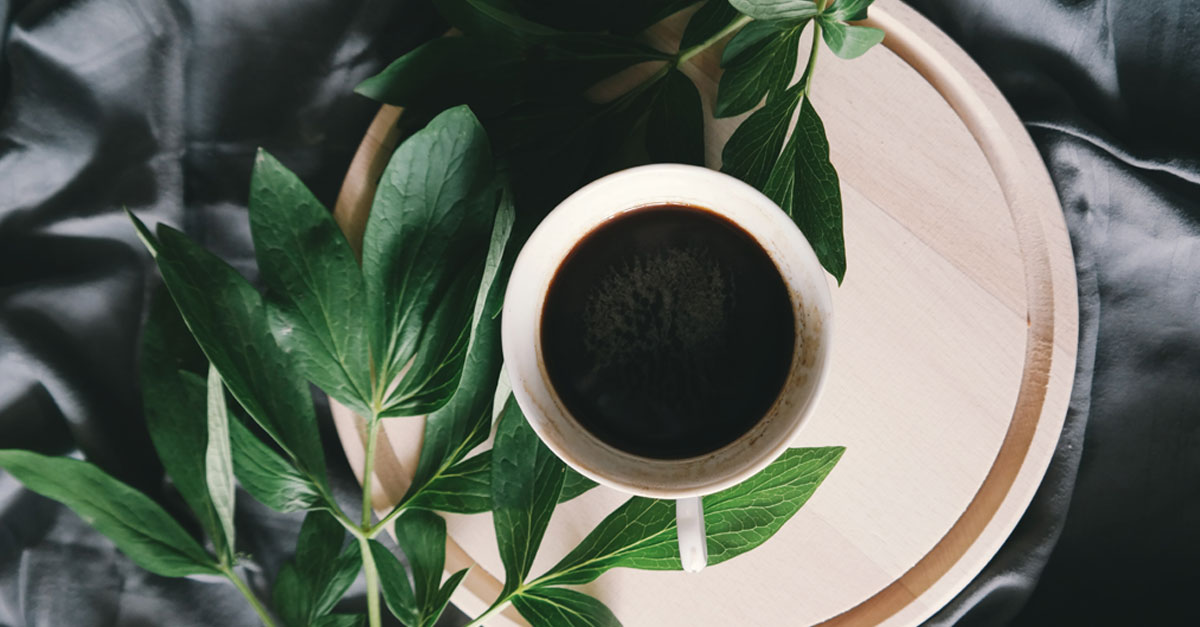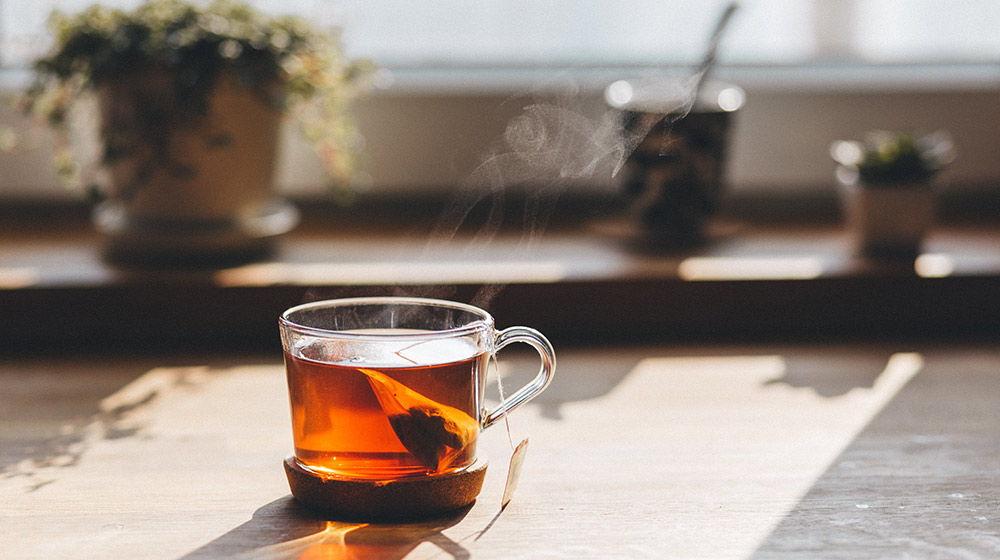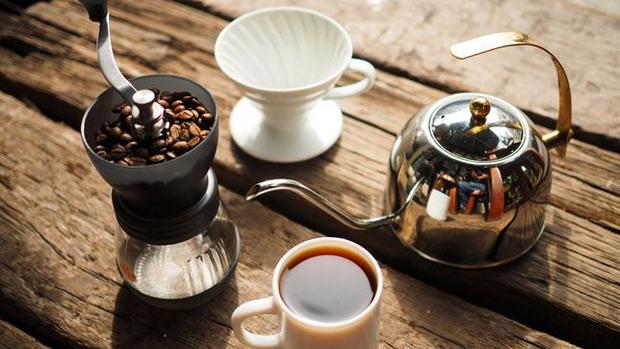While millions throughout the world love having their regular cup of tea or coffee, it’s believed that some experience heartburn and other problems. According to a 2009 study, 20% of Americans either have mild or severe symptoms of GERD. Since coffee is acidic, It is assumed that coffee is to blame for this.
Similarly, tea also falls in the acidic spectrum of the pH scale. Therefore, it too gets blamed for causing heartburn and acidic reflux amongst its consumers.
Whether the accusations are true or not and if they are, which has more acid coffee or tea? That’s what we are going to answer in this article.
What is GERD?
While coming across this term above, you might have wondered what it is. It stands for gastroesophageal reflux disease. If that sounds like a horrible disease, rest assured that it’s not. It happens when your stomach lets food contents rise back into the food pipe (Esophagus), which causes a burning sensation in the chest.
It is a common perception amongst many that coffee and tea could be causing this reflux but how much is that true? We are going to find out shortly.
Coffee And Acidity

Coffee is a bitter-tasting substance and that’s what most of us love it for. Coffee plantations are often in mountainous, volcanic, and tropical terrains that provide unique nutrients that are hard to replicate in other soils.
However, there’s a difference between coffee grown at higher altitudes and lower altitudes. Although coffee grown at higher altitudes has a higher demand it is found to have a higher acidity as well, according to Cuppabean. Similarly, out of the two main branches of coffee; robusta and arabica, the latter is found to exhibit higher acidity.
Lastly, the roasting and brewing method adopted also determines the level of acidity in your coffee. So seeing all this one can conclude that coffee grown at lower altitudes, belonging to the robusta family and dark roasted will be optimal for someone with GERD or similar symptoms.
Choose The Best Low Acid Coffee

Good for us, government and trade regulations ensure coffee companies provide the right labeling. Thereby making it easier for consumers to find the right kind of beans for themselves. Online shopping has further made it easier and today we can buy our most desired coffee with the click of a button.
If you want to buy one of the best low acid coffee beans, then read the full review of Best Low Acid Coffee beans. Not only will you find your perfect coffee but you will also find a buyer’s guide at the end of this article.
Tea and Acidity

Tea is usually considered as being less acidic but that’s not always the case. Its pH value lies from 4-6 depending on the variety, plantation, and roasting method. Nonetheless, a cup of tea has almost half the caffeine of the same sized coffee mug.
Ginger tea and green tea have the lowest acidity amongst all types of teas. Whereas rosehip tea, most bottled iced teas, and fruit teas have a higher acidity, even higher than coffee. Also, there are other highly acidic edibles that we consume daily such as chocolates, citrus fruits, garlic, fatty foods, onions, peppermint, and spearmint.
Do You Have To Quit Drinking Coffee Or Tea?
If you are a coffee or tea addict and face these stomach pushbacks, then you don’t necessarily have to quit tea or coffee. According to a 2013 study, there isn’t enough evidence that confirms coffee and tea consumption can cause acid reflux. Therefore, doctors prescribing low acid or no coffee at all are guessing at best.
You can start by removing the abovementioned edibles from your diet. If you stop consuming one or more of these things on a daily basis, your acid consumption is likely to come down and you can then have your regular cup of coffee. Just don’t drink more than 6-7 cups per day. Excessive caffeine consumption has been shown to cause depression and insomnia.
However, if even a cup or two of these hot beverages can cause you heartburn or other problems, it’s definitely time to cut them off of your diet.
Coffee And Tea’s Impact On Bone Density

Besides GERD, coffee and tea have also been blamed for the low bone density in some of its consumers. Although research has shown that coffee drinkers do have a lower bone density, tea drinkers do not.
However, the fact that some tea drinkers consume teas more acidic than coffee, and still do not have low bone density, show that it’s not the acidity affecting bone density. What compound is causing this low bone density amongst coffee consumers is not yet discovered but it’s definitely not acidity.
Therefore, you do not have to worry about this and carry on with your regular hot beverage until the research is clear. For now, we can focus on the acidic nature of coffee and tea.
Coffee And Tea’s Impact On Teeth

Rarely but still, people believe their coffee or tea consumption has negatively impacted their teeth. There’s no evidence to prove this and most health experts believe this to be a misconception.
However, more grounded advice is to avoid brushing your teeth right after drinking coffee.
How To Reduce The Acidity Of Coffee?

Although buying low acid coffee is a better approach you can also try reducing the acidity of your normal coffee. Add a proportionate amount of water to your coffee and leave it for 12 hours at least. The resulting concentrate will have reduced acidity. Moreover, coffee becomes more acidic if it sits for too long. This is why brands come up with the best coffee packaging, so their customers can enjoy the right coffee pH without worrying about its acidity. Learn more about different coffee packaging solutions.
How To Reduce The Acidity Of Tea?

Although there’s no factually proven method of reducing the acidity of tea, lesser brewed-tea is considered less likely to cause acidic reflux. If you do experience acid reflux using this technique, giving low acid tea a try is your last hope. Or you can switch to green tea which has never been reported to cause such issues.
Conclusion- Coffee vs Tea

So, after all this research and study we have come to the conclusion that coffee is more acidic than most teas. However, that is not the end all be all. You can choose low acid varieties or you can reduce your consumption. After all, the acidic nature of these drinks isn’t usually the cause of our stomach problems.




